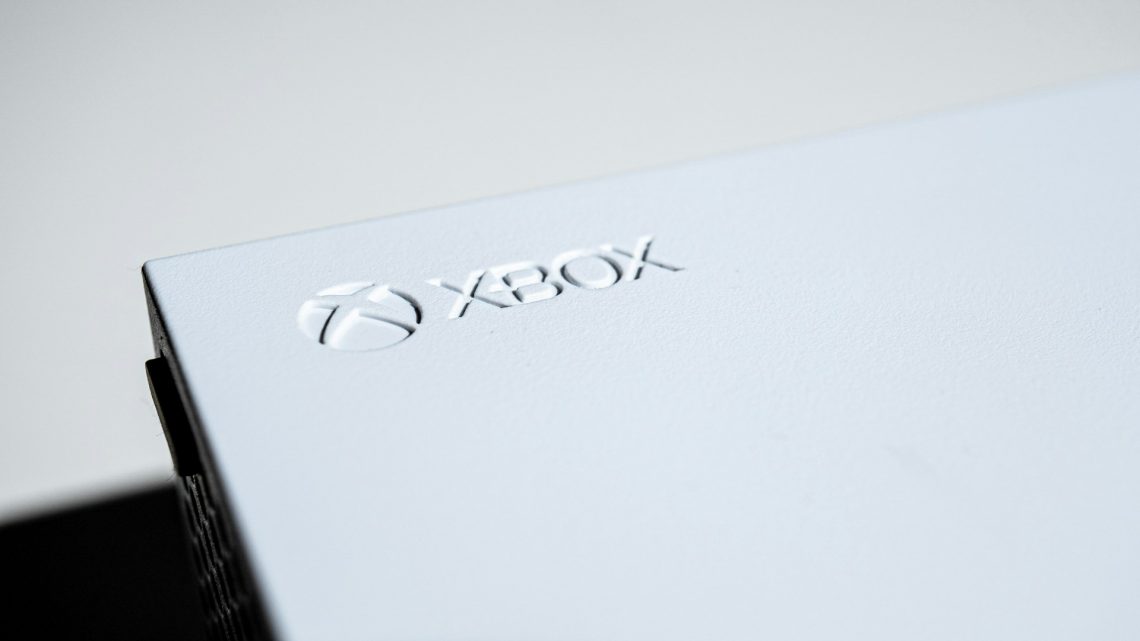The Future of Xbox: New Consoles, New OS, and What It All Means for Gamers
19 June 2025Microsoft and AMD Join Forces
On 17 June 2025, Xbox unveiled a video announcing a key partnership with AMD, confirming that the next generation of Xbox hardware will be powered by AMD chips. While other partnerships were also highlighted, the announcement raised many questions: What does this mean for gamers? What can we expect from the future of Xbox?
Gamers Eager for Clarity
The gaming industry thrives on anticipation and speculation. Every new announcement is dissected by players eager to know what lies ahead—what platforms they’ll be gaming on, what features to expect, and how their experience will evolve. Xbox President Sarah Bond’s recent presentation became a focal point for such speculation. Between hardware collaborations, software improvements—especially around Windows—and the promise of an ecosystem no longer tied to a single device, some users found the message somewhat confusing.
To make sense of it all, let’s break down Bond’s statements into simple terms to understand what the future holds for Xbox.
New Consoles Are on the Horizon
Let’s start with the obvious: is a new Xbox console on the way? The answer is a definitive yes. Just ten seconds into the video, Bond clearly states, “We are investing in our next-generation hardware,” and later adds that Xbox is working on devices “for your living room and your hands.” This strongly suggests that Microsoft is developing both a traditional home console and a portable device—possibly mirroring the dual-release strategy seen with the Xbox One and Xbox One S.
Some even speculate that Microsoft could be working on a hybrid console, similar to the Nintendo Switch, allowing players to use the same device at home and on the go. While this remains unconfirmed, it’s an exciting possibility.
Making Sense of Performance Comparisons
Comparing gaming hardware has always been tricky, especially for the general public. Technical specs like teraflops or chipsets mean little to non-experts. That’s why comparisons are often simplified, especially when contrasting PlayStation and Nintendo products—two giants in the console space.
Following the recent unveiling of the Nintendo Switch 2, many have attempted to compare it with the PlayStation 5. However, the debate quickly spiralled into misinformation and oversimplification.
Cyberpunk 2077 Load Times Spark Debate
One widely shared TikTok video aimed to “prove” the PS5’s superiority over the Switch 2. The clip showed both consoles launching Cyberpunk 2077 simultaneously. On the PS5, the player could move after 47 seconds. On the Switch 2, it took 61 seconds—roughly 30% longer.
The video ended with the caption “2020 wins,” referring to the PS5’s 2020 release date. But such comparisons are misleading for a number of reasons.
Why This Comparison Falls Flat
Firstly, comparing a portable console to a home console is fundamentally flawed. The PS5 weighs 4.5 kilograms—nearly five times the weight of the original Nintendo Switch—and is much larger in size. It’s designed to be plugged in continuously, allowing it to push its components to their limits with significantly more power consumption.
The Switch 2, on the other hand, is a highly compact system. It includes a built-in battery, an integrated FHD HDR 120Hz display, and detachable controllers packed with advanced technology. Its architecture prioritizes portability and efficiency, not raw power.
In essence, comparing a PS5 to a Switch 2 is as unhelpful as comparing an iPhone 16 to a gaming PC with an RTX 3080. Sure, they might cost the same and run similar software, but they serve entirely different purposes and are built for different use cases.
A Broader Vision for Xbox
As Xbox moves forward, its ambition appears to extend beyond hardware. Sarah Bond’s emphasis on flexibility—on not being tied to a single device—hints at a future where Xbox is more of a platform than a box. With cloud gaming, cross-device compatibility, and strong software support, Microsoft may be laying the groundwork for an ecosystem where gamers can access their content anywhere, at any time.
What’s clear is that Xbox is evolving. Whether it’s new consoles, a refreshed operating system, or a shift in strategy, the future is being shaped now—and it looks like Microsoft is preparing for a broader, more versatile gaming experience that spans both living rooms and backpacks.


